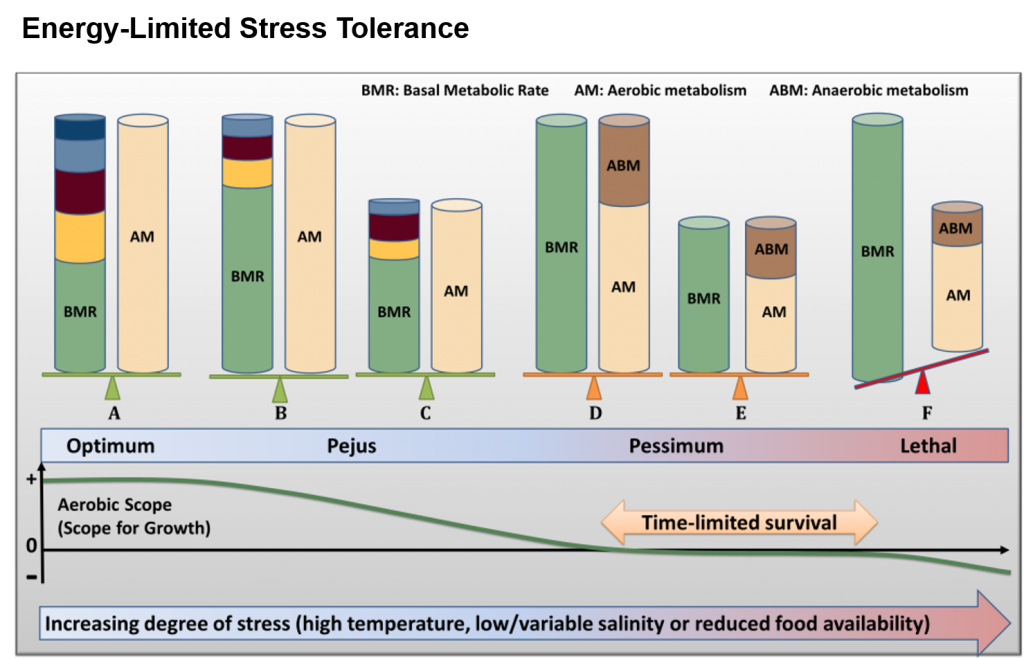Bioenergetics in environmental adaptation and stress tolerance of aquatic ectotherms: linking ecology and physiology in a multistressor landscape
I. M. Sokolova
University of Rostock, Germany
Energy metabolism (encompassing energy assimilation, conversion and utilization) plays a central role in all life processes and serves as a link between the organismal physiology, behavior and ecology. Metabolic rates define the physiological and life-history performance of an organism, have direct implications for Darwinian fitness, and affect ecologically relevant traits such as the trophic relationships, productivity, and ecosystem engineering functions. Natural environmental variability and anthropogenic changes expose aquatic ectotherms to multiple stressors that can strongly affect their energy metabolism and thereby modify the energy fluxes in an organism and the ecosystem. I will discuss the central role of bioenergetic disturbances and metabolic adjustments in responses of aquatic ectotherms to multiple stressors, provide examples of the interactive effects of multiple stressors on energy intake, assimilation, conversion and expenditure, discuss the conceptual and quantitative approaches to identify and mechanistically explain the energy trade-offs in multiple stressor scenarios, and link the cellular and organismal bioenergetics with fitness, productivity and/or ecological functions of aquatic ectotherms.









You must be logged in to post a comment.